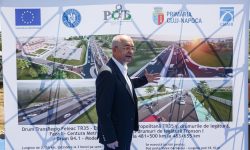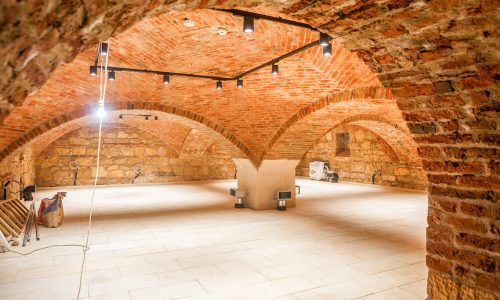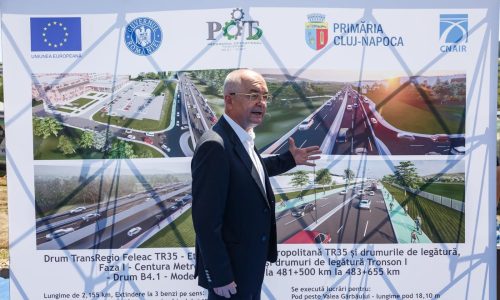Back in August, The European Commission has permanently suspended approximately €300 million in funding for the Cluj-Napoca metro project, part of Romania’s National Recovery and Resilience Plan (PNRR), due to serious irregularities in the tender process. This decision, a major setback for the city’s infrastructure development, raises concerns not only about administrative mismanagement but also potential corruption.
Why did this happen?
At the heart of the suspension are significant procedural failures. Romania did not fully comply with EU procurement standards, specifically regarding the publication of key amendments to the tender. For example, a 30% increase in the contract’s value—from 6.6 billion lei to over 9 billion lei—was not properly disclosed in the Official Journal of the European Union (JOUE), though it was published locally in SEAP. Moreover, Romania failed to extend bidding deadlines following these substantial changes, which may have prevented some bidders from having a fair chance to participate.
Such deviations from standard EU practices raise suspicions beyond simple errors. The European Commission highlighted that these were not just minor administrative oversights but essential changes that could have significantly impacted the fairness of the bidding process. Without the proper transparency, it is possible that certain contractors may have been favoured, which could point to corruption or undue influence behind the scenes.
Potential Conflicts of Interest
This is particularly concerning in the broader context of Romania’s PNRR, where other milestones, especially in state-owned companies, have shown similar governance issues. The Commission previously flagged conflicts of interest and hierarchical connections in the selection of leadership for these companies, suggesting that political influence could be playing a role in key decisions—potentially including the awarding of contracts. The overlap between political appointments and business interests often creates opportunities for non-transparent dealings, increasing the risk of corruption.
For the Cluj metro project, the irregularities in the tender process seem to follow a familiar pattern seen elsewhere in Romanian public infrastructure projects. Despite the European Commission’s detailed findings, Romania proceeded with its national procedure, failing to address the transparency and competition issues flagged by the Commission.
The suspension of €35.5 million in initial funding for the metro project has now escalated to a complete loss of the €300 million allocation, as there is no longer enough time to restart the tender process and meet the EU’s milestones. This means that Cluj-Napoca’s ambitious metro project, which was intended to address the city’s growing traffic and urban mobility challenges, is now facing significant delays and uncertainty.
This situation leaves Cluj-Napoca residents questioning how such a vital project could have been so severely mishandled. The loss of funding not only jeopardises the future of the metro but also highlights the need for greater transparency and accountability in public infrastructure projects. With the shadow of potential corruption hanging over the process, there may be further calls for investigations and reforms to ensure that similar setbacks are avoided in future developments.
For now, the suspension of PNRR funding for the Cluj-Napoca metro represents a major blow to the city’s infrastructure ambitions and a stark reminder of the ongoing challenges of governance and transparency in Romania’s public sector.



